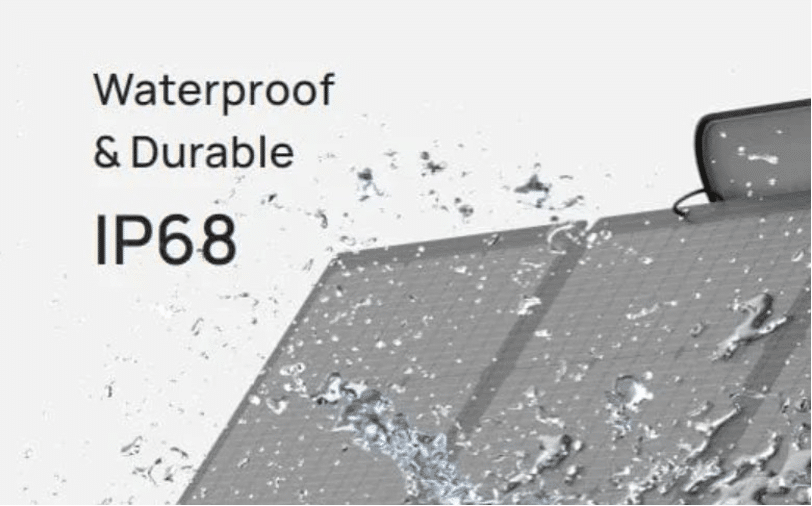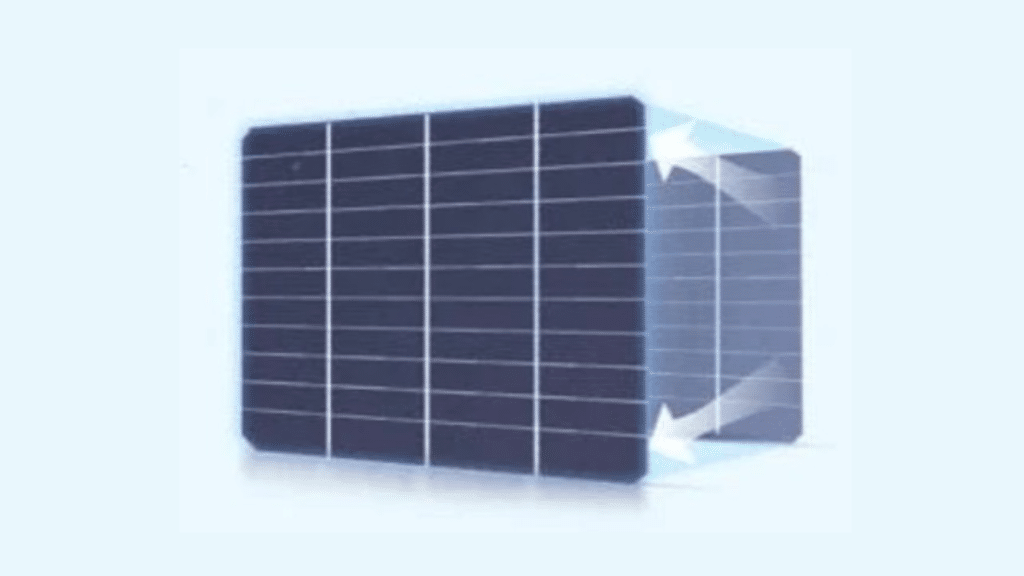Choosing the correct solar panels for your roof is a critical choice that may dramatically improve your home’s energy efficiency and long-term savings. As solar energy becomes more available, homeowners will have a wider range of alternatives to explore. Solar panels turn sunshine into electricity, decreasing dependency on conventional energy sources and cutting utility costs. However, not all panels are equal. Efficiency, durability, pricing, and roof compatibility are all important considerations when deciding on the ideal match. Understanding the many kinds of solar panels, their characteristics, and how they operate under different situations is critical for making an educated decision. This article will go over crucial elements to help you choose the best solar panels for your house, including the highly efficient EcoFlow solar panels, which provide dependable, robust, and portable alternatives for both domestic and off-grid applications.
Why Choosing the Right Solar Panel is Crucial
Understanding Solar Panel Efficiency
Among the many considerations when shopping for residential solar panels is their efficiency. This metric determines the amount of energy that a solar panel can produce from sunshine. In the case of a tiny roof, more efficiency means more power output from the same amount of sunlight. Although higher-efficiency panels tend to be more expensive initially, they might end up saving money in the end because of the increased amount of power they can produce. For instance, EcoFlow solar panels provide an excellent balance between performance and cost since they use highly efficient solar cells to transform as much as 23% of sunlight into power. It is important to consider your energy needs, budget, and available roof space when evaluating solar panels. Make sure the efficiency meets your requirements.
Solar Panel Lifespan and Durability
Before purchasing solar panels, it is crucial to examine their longevity and durability. Most high-quality solar panels survive 25 to 30 years with no loss in performance. Durability assures that your investment will continue to produce energy effectively for decades. Panels exposed to adverse weather conditions, such as excessive heat, rain, or wind, must survive these elements without sustaining major damage. EcoFlow solar panels, for example, are made of sturdy tempered glass and have an IP68 waterproof certification, making them very resistant to weather conditions. Their sturdy construction assures long-lasting performance even in harsh situations, making them a dependable choice for domestic and off-grid applications.
Cost vs. Long-Term Savings
While the initial cost of solar panels might be high, the long-term benefits they provide often surpass the original investment. Solar panels may lower or eliminate your power cost, depending on your energy use and the size of the installation. Over time, this may result in large savings. However, selecting cheaper panels with inferior efficiency or durability may result in greater maintenance expenses and less energy production. EcoFlow’s solar panels, such as the 220W Bifacial Portable Solar Panel, provide outstanding value by combining high energy conversion rates and durability with cheap pricing. By carefully combining cost, efficiency, and durability, you can optimize your savings and get the most out of your solar investment over time.

Key Factors to Consider Before Purchasing Solar Panels
Roof Type and Solar Panel Compatibility
Your roof type is an important factor in selecting which solar panels are ideal for your house. Solar panels must be mounted on a surface that can hold their weight and provide maximum solar exposure. Different roof types, such as flat, sloping, or metal roofs, may need distinct installation methods and panel kinds. For example, EcoFlow’s portable and adjustable solar panels, such as the 220W Bifacial Solar Panel, are suitable for flat or sloping roofs since they can be quickly moved to the optimal angle for optimum sun exposure. It is also critical to ensure that your roof has adequate room to handle the number of panels required depending on your energy needs.
Climate and Location Considerations
The efficiency of your solar panels is highly dependent on your home’s location and environment. Panel efficiency and cost alone can be enough to sway your decision in locations with abundant sunlight. Durability and light-catching capabilities are crucial, however, if you reside in a region that often experiences precipitation or overcast skies. Given that the reverse side of EcoFlow’s bifacial solar panels may soak up light reflected off nearby objects, increasing power production by as much as 25% in such conditions, they work wonders. More than that, EcoFlow solar panels can withstand severe weather thanks to their IP68 waterproof certification, which allows them to work in damp or rainy environments. This makes them ideal for a wide range of climates and locations.
Panel Size and Energy Needs
Choosing the appropriate solar panel size is critical for meeting your energy requirements without overloading your roof. Larger panels often provide more electricity, but they also need more room. Consider your energy use and the amount of roof space available when deciding on the ideal panel size for your home. For example, if you have a small roof space, EcoFlow’s tiny 220W Bifacial Portable Solar Panel might be an excellent choice. Despite its tiny size, it produces significant energy because of its bifacial construction, which catches sunlight from both sides of the panel. By carefully examining your energy requirements and roof size, you can choose the best panels that provide the proper amount of electricity without taking up too much space.
Conclusion
When selecting the best solar panels for your roof, you must consider efficiency, durability, cost, and the kind of roof and location. Choose panels that meet your energy demands and save money over time. Premium panels, such as EcoFlow’s 220W Bifacial Portable Solar Panel, combine power, efficiency, and portability. Their revolutionary bifacial design gathers 25% more energy, and their IP68 waterproof certification ensures weather resistance. Their small size and mobility make them suitable for both home and off-grid usage. Consider these aspects and invest in dependable, long-lasting solar panels to reduce your energy costs, improve your home’s sustainability, and enjoy solar energy for years to come. Make an informed decision about solar panels and take the first step toward a brighter tomorrow.
